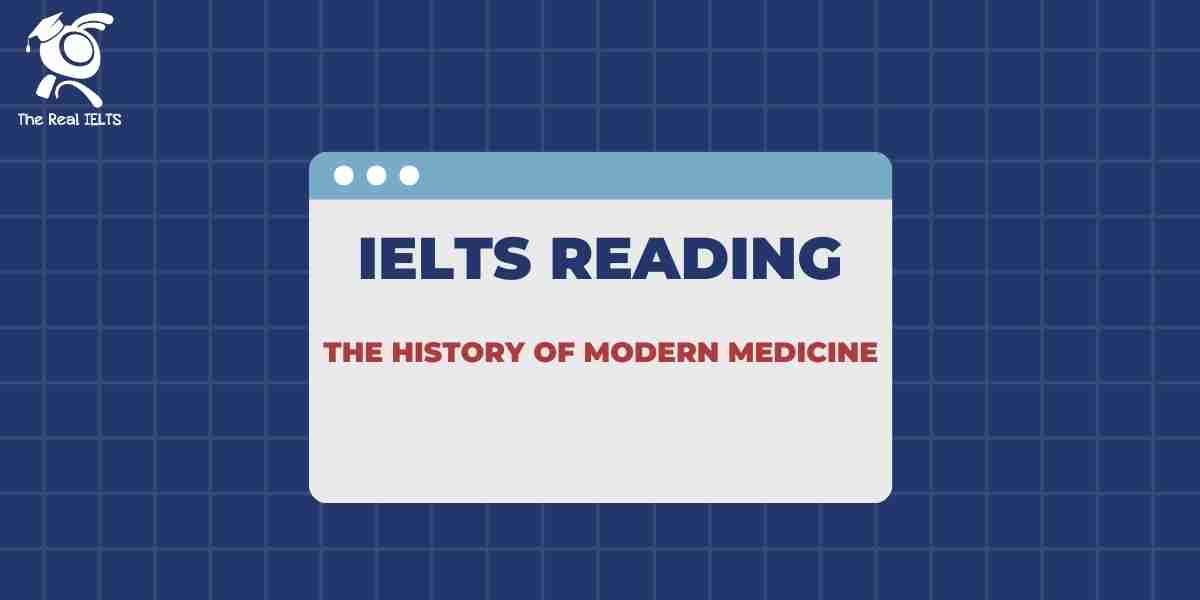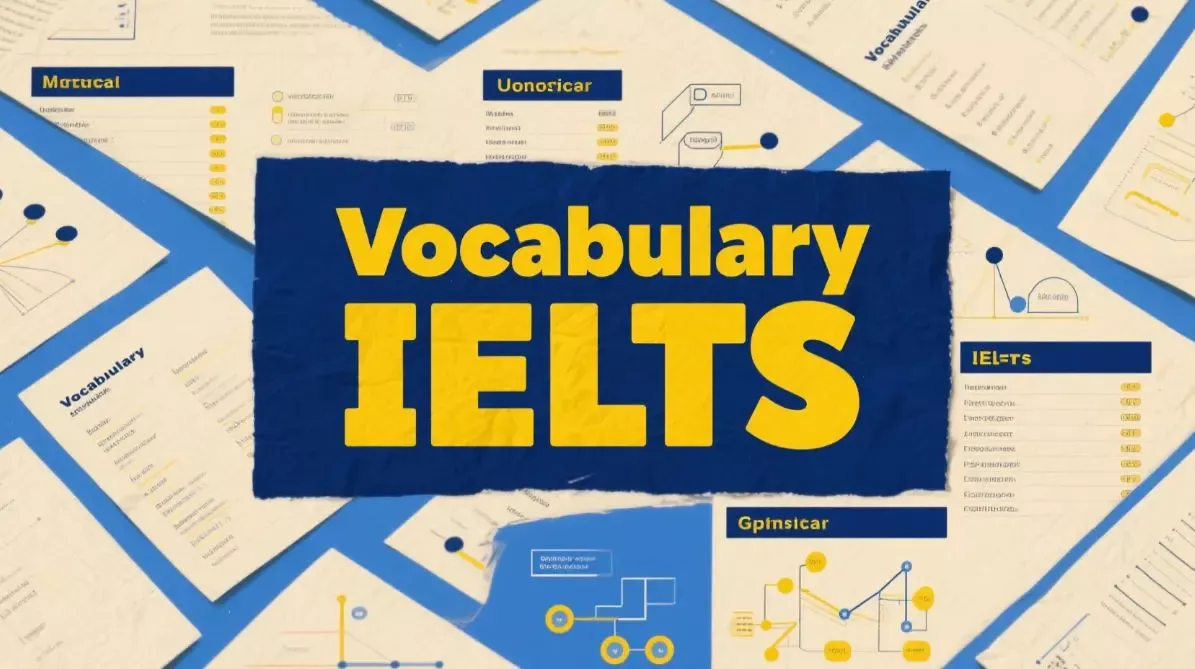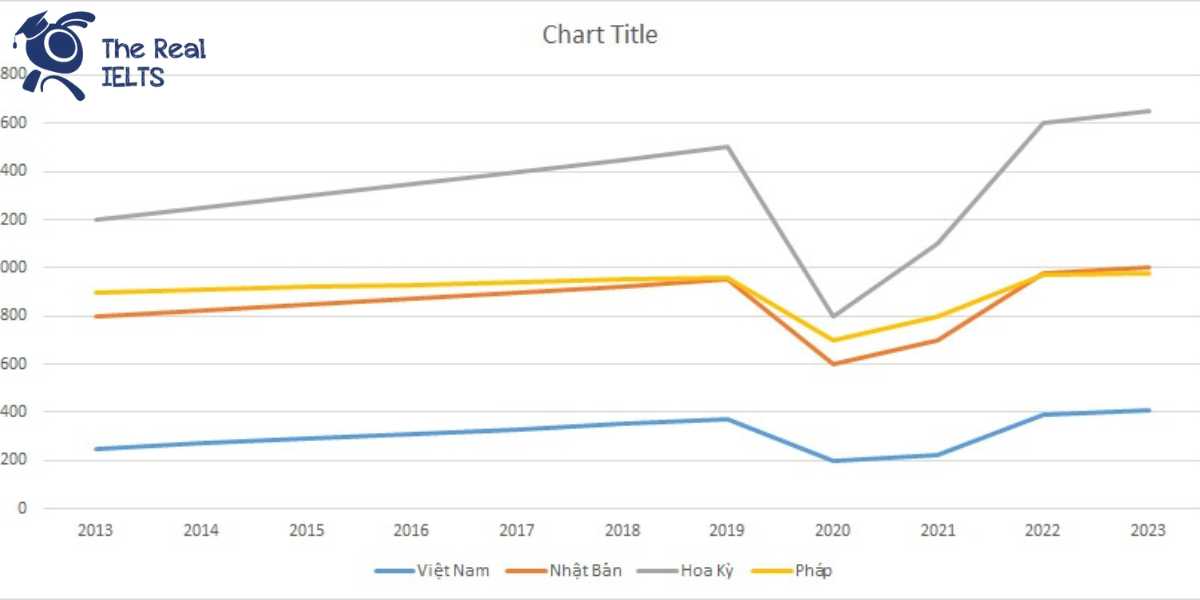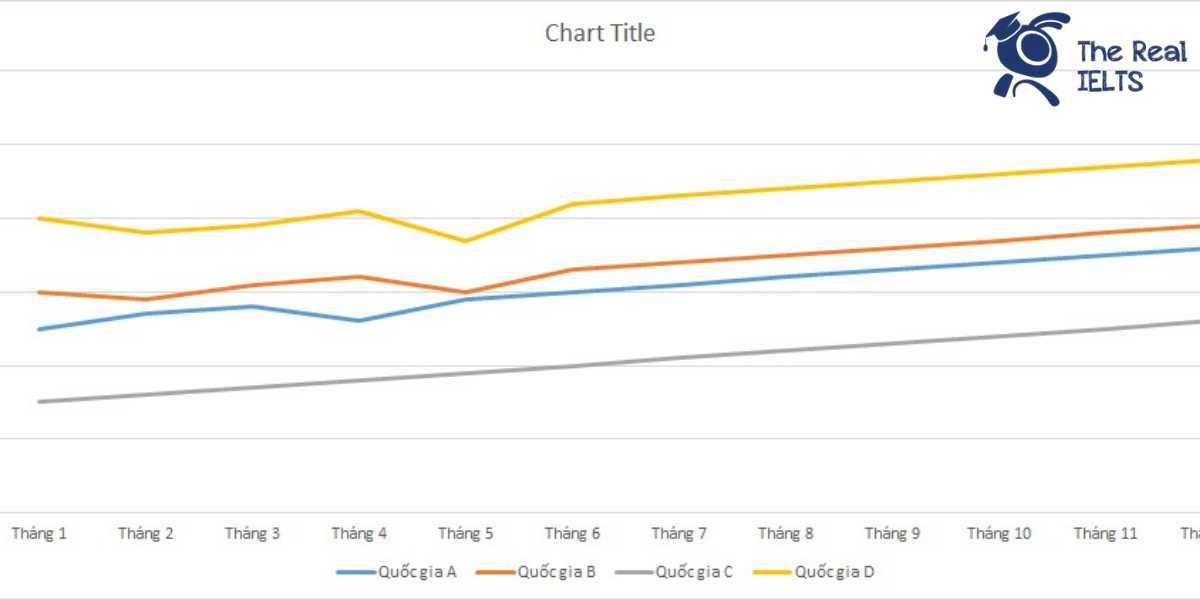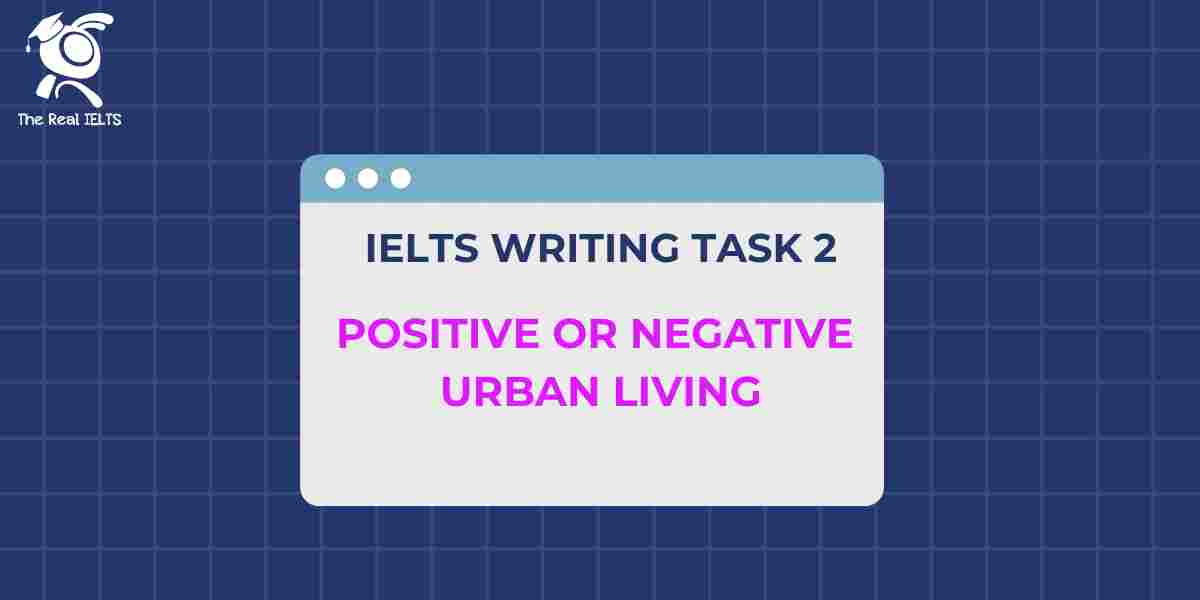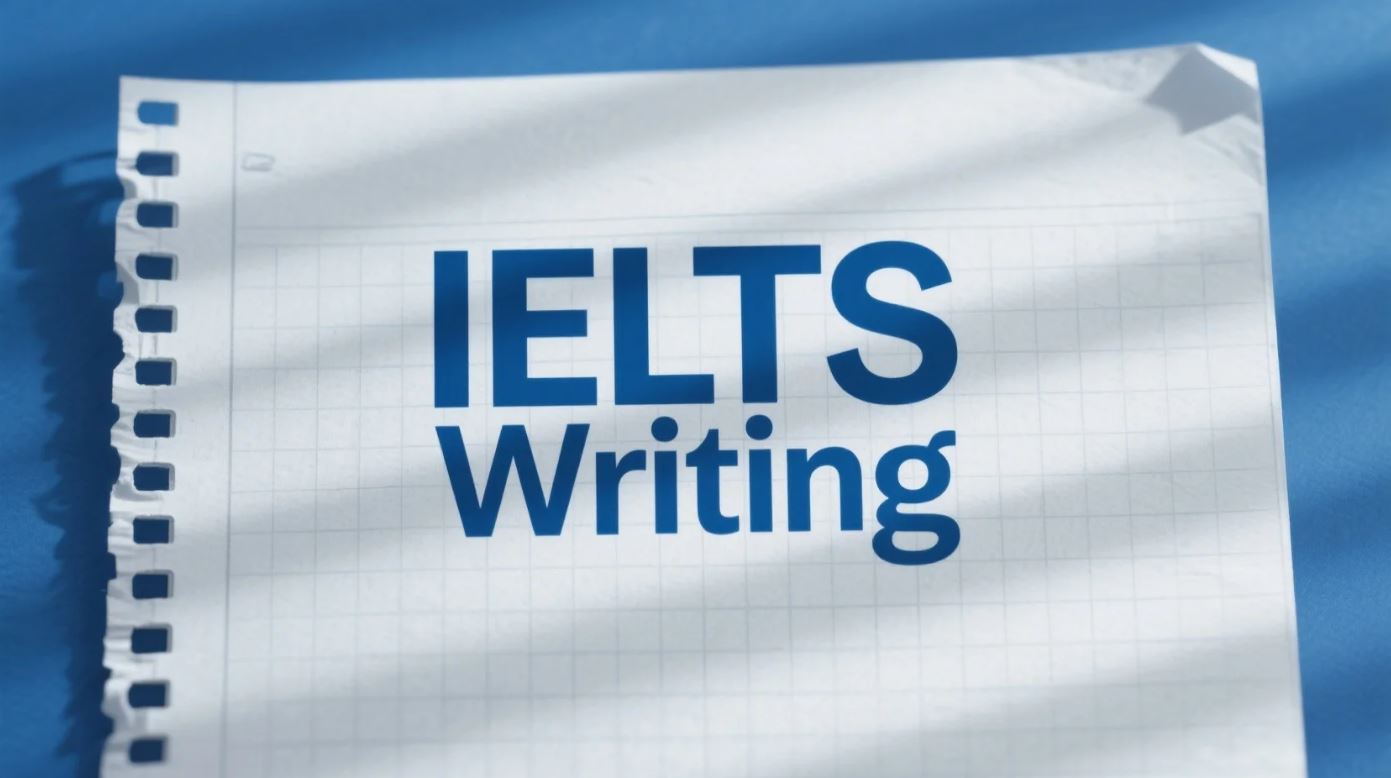Đề thi IELTS Reading có tiêu đề “The History of Modern Medicine”
Nhớ đọc thêm các bài luyện thi IELTS nhé.
IELTS Reading:”The History of Modern Medicine“
The History of Modern Medicine
The evolution of modern medicine is a tale of scientific discovery, technological advancement, and societal change. The journey from ancient remedies to contemporary medical practices is marked by significant milestones that have transformed human health and longevity.
Early Beginnings
The history of medicine dates back thousands of years, with early humans relying on natural remedies and spiritual practices to treat ailments. Ancient civilizations such as the Egyptians, Greeks, and Romans made significant contributions to the early understanding of the human body and disease. The Egyptians, for instance, were known for their advanced knowledge of surgery and the use of medicinal plants. The Greeks, particularly Hippocrates, are often credited with laying the foundations of modern medicine by promoting the idea that disease was a result of natural causes, not supernatural forces. This shift in thinking paved the way for a more scientific approach to medicine.
The Middle Ages and the Renaissance
The Middle Ages were a period of stagnation in medical knowledge in Europe, as the influence of the Church led to a decline in the study of science. However, the Islamic world flourished during this time, with scholars like Avicenna and Al-Razi making significant advancements in medical knowledge. Avicenna’s “The Canon of Medicine” became a standard medical text in both the Islamic world and Europe for centuries.
The Renaissance, beginning in the 14th century, brought a renewed interest in science and the human body. The invention of the printing press allowed for the widespread dissemination of medical texts, while artists like Leonardo da Vinci contributed to the understanding of human anatomy through detailed sketches. The study of anatomy advanced significantly during this period, with Andreas Vesalius’ “De humani corporis fabrica” (On the Fabric of the Human Body) revolutionizing the field. Vesalius challenged many of Galen’s long-held anatomical theories, which had dominated Western medicine for over a millennium.
The Age of Enlightenment and the Birth of Modern Medicine
The 17th and 18th centuries, known as the Age of Enlightenment, saw further advancements in medicine as scientific inquiry became more rigorous. William Harvey’s discovery of the circulation of blood in 1628 was a groundbreaking moment in the history of medicine. This discovery laid the groundwork for modern physiology and the understanding of the cardiovascular system.
The development of vaccination by Edward Jenner in 1796 marked another significant milestone. Jenner’s work on smallpox vaccination laid the foundation for immunology, saving countless lives and eventually leading to the eradication of smallpox in the 20th century.
The 19th Century: A Century of Progress
The 19th century witnessed rapid progress in medical science, driven by the Industrial Revolution and advances in technology. The invention of the stethoscope by René Laennec in 1816 and the discovery of anesthesia in the 1840s revolutionized surgery, making it safer and less painful for patients. The development of germ theory by Louis Pasteur and Robert Koch in the latter half of the century transformed the understanding of infectious diseases. Pasteur’s experiments debunked the idea of spontaneous generation and established the connection between microbes and disease, leading to the development of sterilization techniques and vaccines.
Florence Nightingale’s work during the Crimean War in the 1850s also played a crucial role in the development of modern nursing and hospital hygiene practices. Her emphasis on sanitation and patient care significantly reduced mortality rates and laid the foundation for modern nursing.
The 20th Century and Beyond: The Era of Technology
The 20th century was a period of unparalleled advancements in medicine, driven by technological innovation and a deeper understanding of biology. The discovery of antibiotics, beginning with Alexander Fleming’s discovery of penicillin in 1928, revolutionized the treatment of bacterial infections and saved millions of lives. The development of medical imaging technologies, such as X-rays, CT scans, and MRIs, transformed diagnostics, allowing doctors to see inside the human body with unprecedented clarity.
The latter half of the 20th century saw the rise of molecular biology and genetics, leading to breakthroughs in understanding the human genome and the development of targeted therapies. The discovery of DNA’s double helix structure by James Watson and Francis Crick in 1953 was a pivotal moment in biology, paving the way for advances in genetic engineering, gene therapy, and personalized medicine.
The advent of modern surgery techniques, including organ transplantation and minimally invasive procedures, further expanded the possibilities of medical treatment. The development of artificial organs and prosthetics has given patients a new lease on life, while advances in immunotherapy have revolutionized cancer treatment.
The Challenges and Future of Medicine
Despite the remarkable progress, modern medicine faces numerous challenges. The rise of antibiotic-resistant bacteria, the growing prevalence of chronic diseases, and the ethical dilemmas posed by genetic engineering are just a few of the issues that modern medicine must address. Additionally, the COVID-19 pandemic highlighted the importance of global collaboration in healthcare and the need for rapid development and distribution of vaccines and treatments.
Looking ahead, the future of medicine holds great promise. The continued integration of artificial intelligence, machine learning, and big data into healthcare is expected to revolutionize diagnostics, treatment planning, and patient care. Advances in biotechnology, such as CRISPR and stem cell therapy, have the potential to cure genetic disorders and regenerate damaged tissues. Telemedicine and wearable health technologies are also set to play an increasingly important role in healthcare delivery, particularly in remote and underserved areas.
In conclusion, the history of modern medicine is a story of continuous innovation and progress, driven by the relentless pursuit of knowledge and the desire to improve human health. As we move further into the 21st century, the challenges may be great, but so too are the opportunities to transform medicine and improve the quality of life for people around the world.
Đề bài thi IELTS Reading
Multiple Choice (10 questions)
- Which ancient civilization is known for its advanced knowledge of surgery?
- A. Greek
- B. Roman
- C. Egyptian
- D. Islamic
- Who is credited with laying the foundations of modern medicine by promoting the idea that disease has natural causes?
- A. Avicenna
- B. Hippocrates
- C. Al-Razi
- D. Vesalius
- What was the impact of the invention of the printing press during the Renaissance?
- A. It advanced the study of anatomy.
- B. It allowed for the widespread dissemination of medical texts.
- C. It led to the invention of the stethoscope.
- D. It initiated the study of blood circulation.
- Whose work marked the beginning of immunology with the development of vaccination?
- A. Louis Pasteur
- B. William Harvey
- C. Edward Jenner
- D. Florence Nightingale
- What was the significance of Andreas Vesalius’ work?
- A. He discovered the circulation of blood.
- B. He developed the germ theory.
- C. He revolutionized the study of anatomy.
- D. He invented the stethoscope.
- Which 19th-century discovery transformed the understanding of infectious diseases?
- A. Anesthesia
- B. Germ theory
- C. Vaccination
- D. Antibiotics
- Who is associated with the development of modern nursing practices?
- A. Edward Jenner
- B. Florence Nightingale
- C. Louis Pasteur
- D. James Watson
- What was Alexander Fleming’s major contribution to medicine?
- A. Discovery of the structure of DNA
- B. Development of the stethoscope
- C. Discovery of penicillin
- D. Introduction of anesthesia
- Which scientific field emerged strongly in the latter half of the 20th century?
- A. Anatomy
- B. Molecular biology
- C. Immunology
- D. Surgery
- What is one of the main challenges facing modern medicine today?
- A. Lack of technological advancement
- B. Ethical dilemmas posed by genetic engineering
- C. Decline in surgical innovations
- D. Decrease in chronic diseases
True/False/Not Given (10 questions)
- The Egyptians were the first to develop the germ theory of disease.
- True
- False
- Not Given
- Hippocrates is often referred to as the “Father of Medicine.”
- True
- False
- Not Given
- The Renaissance period saw a decline in medical knowledge due to the influence of the Church.
- True
- False
- Not Given
- Leonardo da Vinci’s work directly led to the invention of the stethoscope.
- True
- False
- Not Given
- The discovery of the circulation of blood was a significant milestone in the history of medicine.
- True
- False
- Not Given
- The smallpox vaccination developed by Edward Jenner was first used in the 20th century.
- True
- False
- Not Given
- Germ theory was developed in the 18th century.
- True
- False
- Not Given
- Florence Nightingale was instrumental in establishing the first medical school in Europe.
- True
- False
- Not Given
- The discovery of antibiotics began with Alexander Fleming’s work on penicillin.
- True
- False
- Not Given
- The COVID-19 pandemic highlighted the lack of importance of global collaboration in healthcare.
- True
- False
- Not Given
Yes/No/Not Given (5 questions)
- The author believes that the Islamic world significantly advanced medical knowledge during the Middle Ages.
- Yes
- No
- Not Given
- The author suggests that the invention of the printing press had a negligible impact on medicine.
- Yes
- No
- Not Given
- The author implies that the rise of molecular biology was more impactful than the development of antibiotics.
- Yes
- No
- Not Given
- The author believes that the future of medicine will likely be driven by biotechnology.
- Yes
- No
- Not Given
- The author suggests that ethical issues in genetic engineering may prevent future medical advancements.
- Yes
- No
- Not Given
Matching Headings (5 questions)
26-30. Match the following headings with the appropriate paragraphs:
- A. Early Contributions to Medicine
- B. The Role of Technology in Medicine
- C. Milestones in 19th Century Medicine
- D. The Impact of the Renaissance on Medical Science
- E. Future Challenges and Opportunities in Medicine
Matching Features (5 questions)
31-35. Match the following individuals with their contributions:
- A. Hippocrates
- B. Edward Jenner
- C. Andreas Vesalius
- D. Florence Nightingale
- E. Louis Pasteur
- Pioneered the study of human anatomy.
- Developed the smallpox vaccine.
- Introduced modern nursing practices.
- Laid the foundations of modern medicine by promoting natural causes of disease.
- Established the connection between microbes and disease.
Sentence Completion (5 questions)
36-40. Complete the following sentences with no more than two words:
- The Middle Ages in Europe saw a decline in the study of science due to the influence of the ______.
- Avicenna’s “The Canon of Medicine” was a standard medical text in both the Islamic world and ______.
- William Harvey’s discovery of ______ revolutionized the understanding of the cardiovascular system.
- The development of ______ by Alexander Fleming revolutionized the treatment of bacterial infections.
- The future of medicine may involve advances in ______ and stem cell therapy.
Đáp án bài thi IELTS Reading
Multiple Choice
- C. Egyptian
- B. Hippocrates
- B. It allowed for the widespread dissemination of medical texts.
- C. Edward Jenner
- C. He revolutionized the study of anatomy.
- B. Germ theory
- B. Florence Nightingale
- C. Discovery of penicillin
- B. Molecular biology
- B. Ethical dilemmas posed by genetic engineering
True/False/Not Given
- False
- True
- False
- False
- True
- False
- False
- Not Given
- True
- False
Yes/No/Not Given
- Yes
- No
- Not Given
- Yes
- Not Given
Matching Headings
- A. Early Contributions to Medicine → Early Beginnings
- D. The Impact of the Renaissance on Medical Science → The Middle Ages and the Renaissance
- C. Milestones in 19th Century Medicine → The 19th Century: A Century of Progress
- B. The Role of Technology in Medicine → The 20th Century and Beyond: The Era of Technology
- E. Future Challenges and Opportunities in Medicine → The Challenges and Future of Medicine
Matching Features
- C. Andreas Vesalius
- B. Edward Jenner
- D. Florence Nightingale
- A. Hippocrates
- E. Louis Pasteur
Sentence Completion
- Church
- Europe
- blood circulation
- antibiotics
- biotechnology
Luyện tập bài khác ở bài viết:”100 bài luyện IELTS Reading 2024 – 2025“


